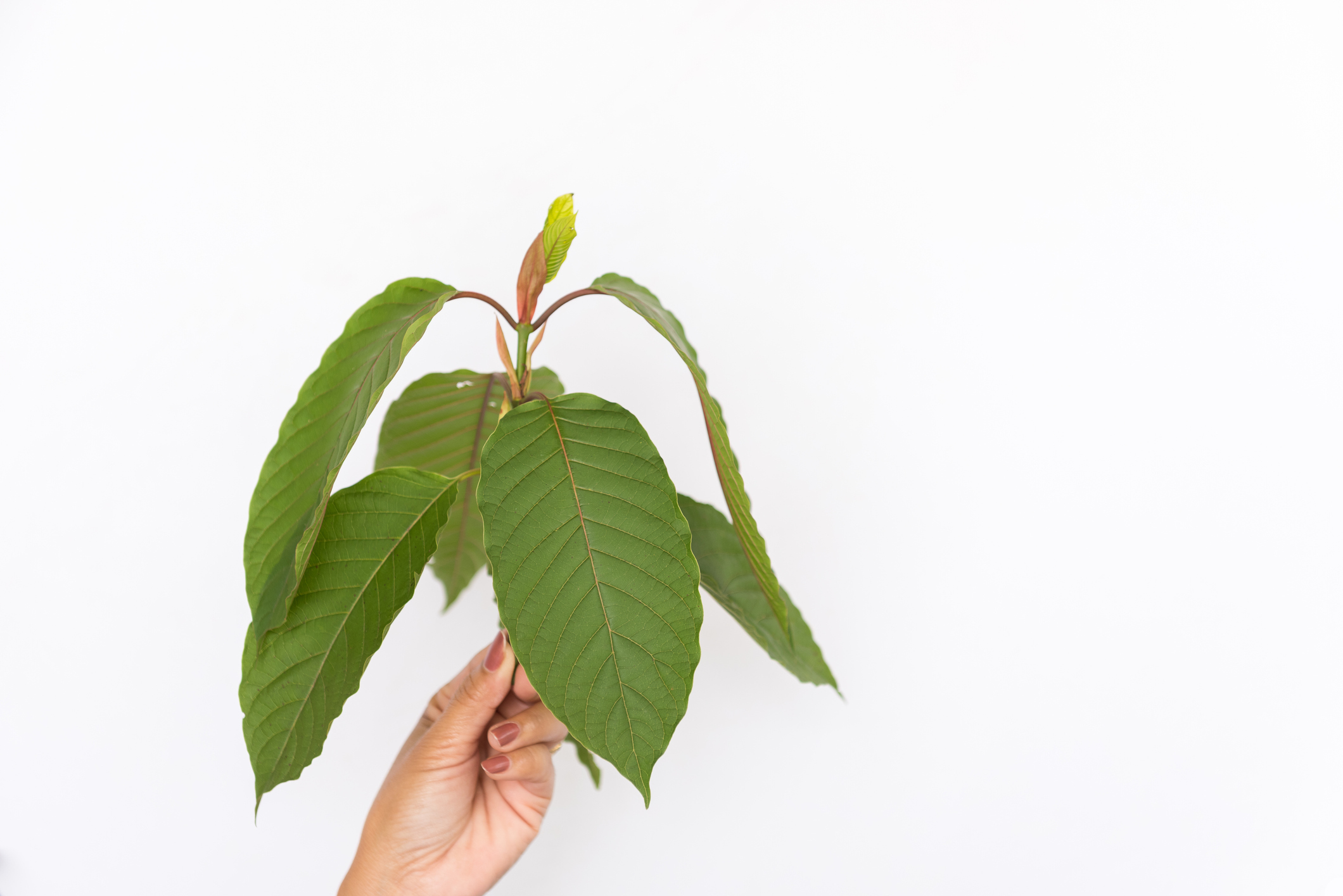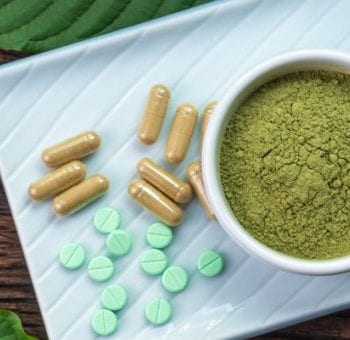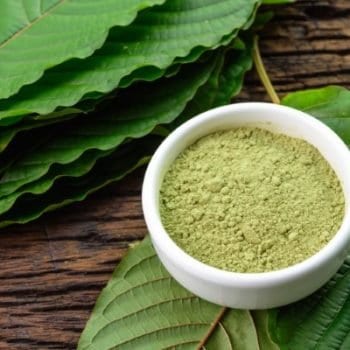The Tale of Kratom’s Legal Battle in America
- On August 19, 2019

Although it has been used for centuries as a natural pain reliever and stimulant, the herb kratom faces rising regulations in America. The Food and Drug Administration is hesitant to approve the plant for human consumption, while the National Institute of Drug Abuse worries that the herb has potentially addictive qualities. The truth is that Kratom simply has not been studied extensively enough to back up the claims of the FDA or NIDA. Here are the facts about the kratom legal status.
What Is Kratom?
Originating from Southeast Asia, the leaves of the kratom tree have been used traditionally as a medicine. It is related to coffee and offers many of the same effects. When ingested in small doses, Kratom serves as a stimulant. Larger doses typically help with pain relief and relaxation we are told by customers. The herb has been used throughout Asia for centuries but has only been introduced to America in recent years.
Why Is Kratom Controversial?
The controversy surrounding Kratom stems from the fact that the plant has not been extensively studied. There are no documented cases that prove the benefits of Kratom, but there are also few reports of the herb being harmful. Many of these adverse reports involved cases where Kratom was mixed with another drug or stimulant, meaning that there is no proof that Kratom is harmful.
Like any drug, Kratom has the potential to become addictive. Because so little has been documented as to how the herb is beneficial, the American government is fighting to make Kratom illegal as a safety precaution. More than five million Americans report using Kratom regularly without adverse side effects.
How Is Kratom Used?
Kratom comes in many forms. Traditionally, the leaves have always been chewed or crushed into a fine powder before being added to tea. Because the plant has an unpleasant taste, however, kratom extracts are becoming more popular than ever. The extract can be taken as a liquid or pill, which allows the plant to be more effective than other methods.
Is Kratom Legal?
Although numerous government organizations have voiced concerns about the validity of Kratom as an alternative method of pain relief, there is no federal ban on it. It can easily be purchased on the internet, and many people across America use it both medicinally and recreationally. However, the herb is illegal in certain states, so if you live in any of the regions listed below, you could face fines if you are caught using Kratom.
- Rhode Island
- Alabama
- Wisconsin
- Vermont
- Indiana
- Arkansas
Other states heavily regulate the use of Kratom. Denver, Colorado, banned the herb from human consumption in 2017, while Tennessee passed a law prohibiting the sale of Kratom to anyone under the age of 21. New Hampshire and Indiana passed similar laws, banning sales from people under the age of 18.
Other cities across the country also face a kratom ban. With lawmakers aware of the current opioid crisis, they are cracking down on a variety of substances they believe could be harmful. Union County, Mississippi, Sarasota, Florida, and San Diego, California all have legislation attempting to prohibit Kratom.
However, the government has not yet succeeded in banning Kratom completely. Organizations such as the Kratom Information and Research Center are fighting back to spread awareness and educate those who are misinformed of what Kratom can do. One of the most important ways the organization is fighting is proving that Kratom is beneficial for treating opioid addiction. If this claim is proven in a documented study, lawmakers may be more willing to legalize Kratom everywhere.
If you would like more information on the benefits and history of Kratom, contact Buy Kratom Extracts today. A visit to our website allows you to purchase various kratom products.




28 Comments